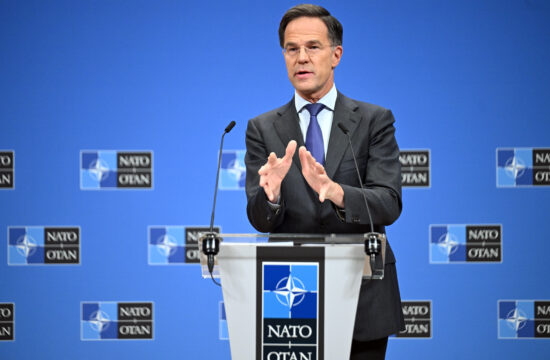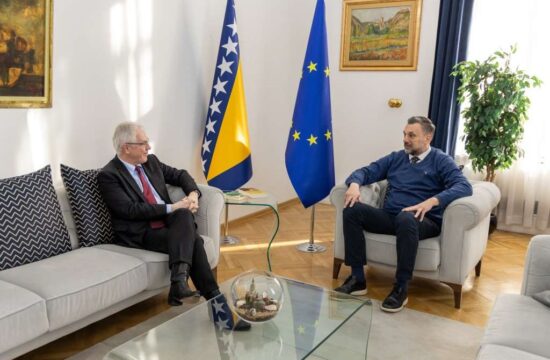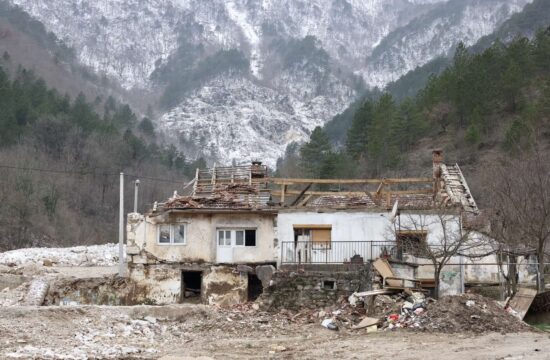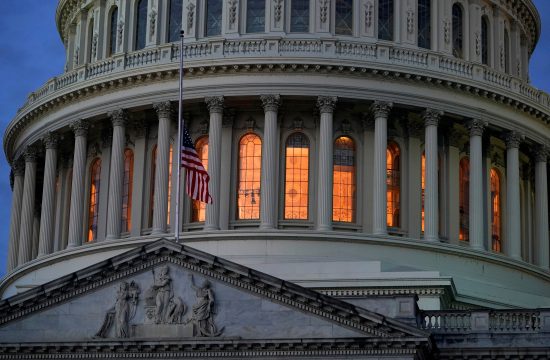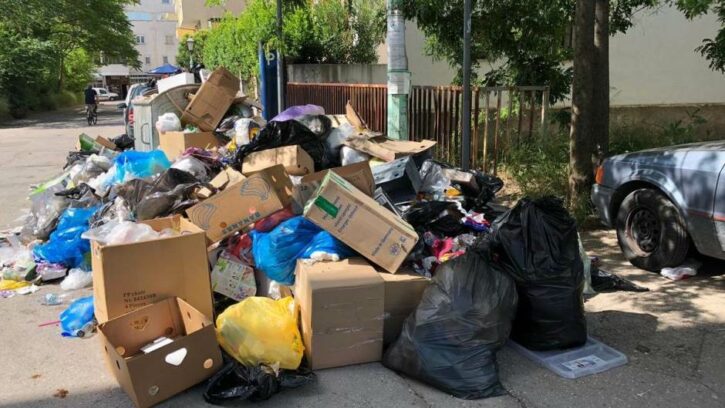
Impelled by the now devastating situation in the Bosnian Southern city of Mostar where garbage has been piling up in the streets for days, the US Embassy in Bosnia, urged the city authorities to resolve the political deadlock and start working on the most basic tasks – like holding a local election.
“Garbage on the streets of Mostar in overwhelming heat. Troubling reports of toxic waste in groundwater. Citizens of Mostar need functional government to address all of these critical issues, and many more. Citizens of Mostar need elections.”
Garbage on the streets of Mostar in overwhelming heat. Troubling reports of toxic waste in ground water. Citizens of Mostar need functional government to address all of these critical issues, and many more. Citizens of Mostar need elections. pic.twitter.com/ntGIYlpme6
— US Embassy Sarajevo (@USEmbassySJJ) June 14, 2019
Their tweet comes at a time when a group of Mostar locals gathered around the informal group of citizens “Because it concerns us,” has been blocking the city dump “Uborak” for five days, claiming that the dump was used improperly.
The dump was meant to be used for solid waste, but activists say the waste utility company has been using it for animal, hospital and medical waste.
For this reason, they argued that citizens living near the dump have been getting sicker and getting cancer due to air, water and ground pollution.
But the problem does not end there. Mostar has five utility companies, divided along ethnic lines, with each company working in a certain part of the city, but they all depend on the agreement between the two main political parties when agreeing on the budget.
With the Croat Democratic Union (HDZ BiH) dominating the Croat-majority part of the Western part of the city, and the Bosniak-dominated Eastern Mostar led by the Democratic Action Party (SDA) the city has been in a deadlock since 2008 when the last local election was held.
In 2010, the Constitutional Court of Bosnia and Herzegovina issued a decision ordering that Bosnia's Election Law and the Mostar City Statute must be amended, because the Statute, imposed by the international community's administrator overseeing the civilian implementation of the Dayton Peace Agreement that ended the 1992-1995 war in Bosnia, violates the basic democratic principle of ‘one man – one vote.’
Since then, the two ethnic-oriented parties were unable to reach an agreement which would implement the Court's decision out of fear of losing the advantage of one party over the other.
Therefore, the locals asked for an urgent end of disposal of waste and a cancerous sludge from water purifiers and the authorities to take urgent measures to analyse and remedy the dump.

